Vikings: Valhalla (2022)
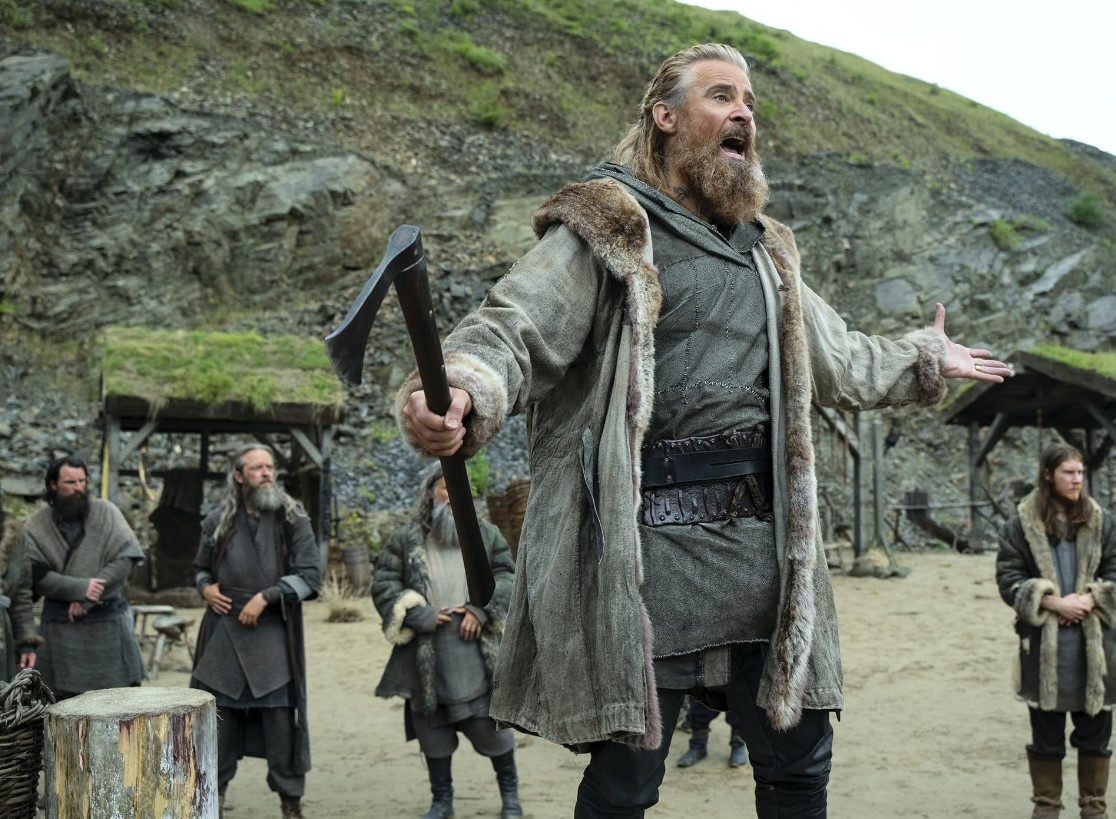
Vikings: Valhalla is a historical drama television series created by Jeb Stuart and serving as a spiritual sequel to the popular series Vikings. Premiering in 2022 on Netflix, Valhalla is set roughly 100 years after the events of the original Vikings saga.
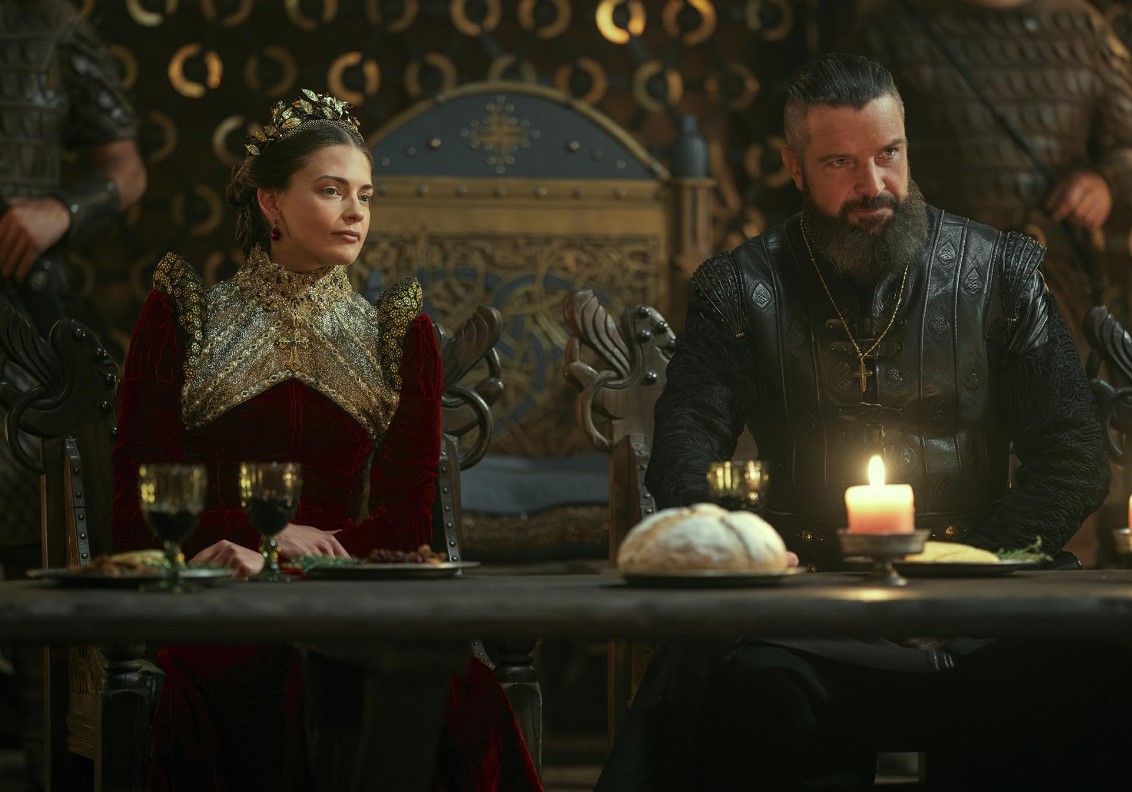
While the original series followed legendary figures like Ragnar Lothbrok and his sons, Vikings: Valhalla takes viewers into the early 11th century a time of tremendous cultural and religious upheaval among the Norse and Anglo-Saxon worlds. Featuring a new generation of heroes, explorers, and rulers, the show blends historical events with dramatized storytelling, continuing the legacy of exploration, conquest, and political intrigue that defined the era.
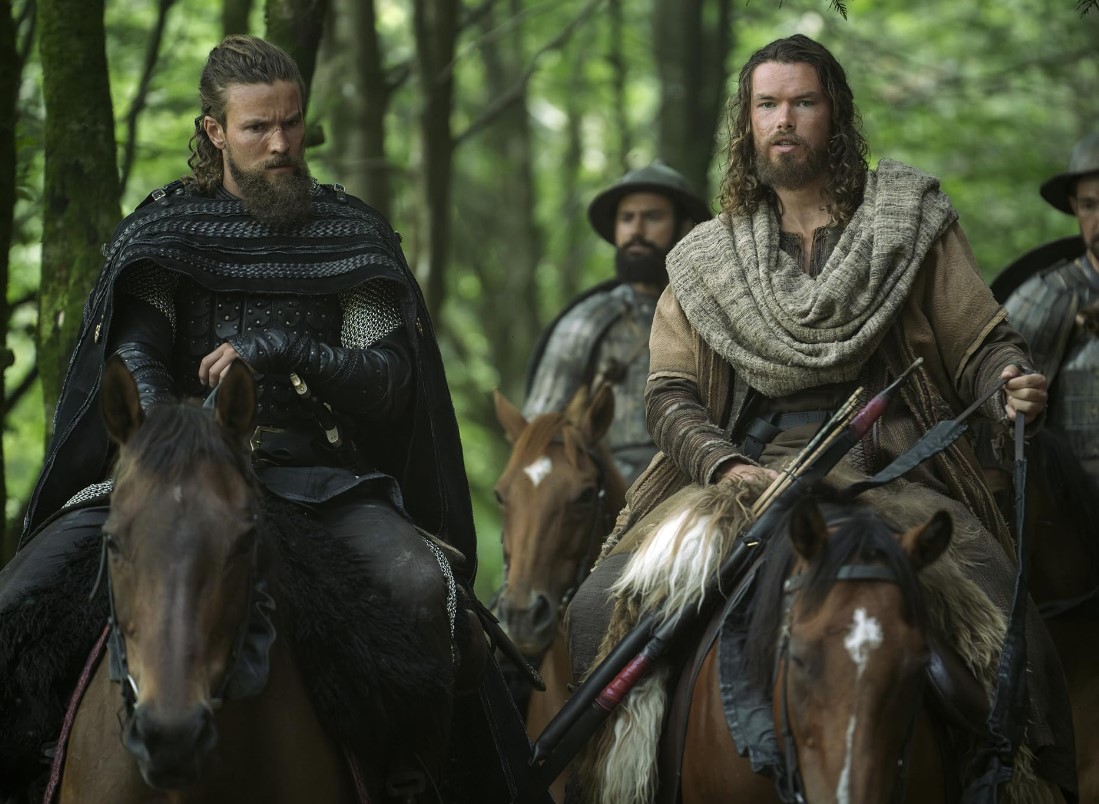
By the early 11th century, many Viking communities have evolved in both Scandinavia and the British Isles. Christianity has gained a strong foothold in Europe, and many Norsemen have either converted or find themselves at odds with the old pagan ways. This religious tension, along with shifting alliances, changing trade patterns, and the waning power of some Viking strongholds, creates a backdrop of uncertainty and conflict. Against this tapestry, old loyalties are tested, kingdoms vie for supremacy, and the traditional warrior culture of the Vikings is both challenged and redefined.

Vikings: Valhalla maintains the gritty, realistic tone established by its predecessor. The cinematography captures the harsh beauty of Scandinavian fjords, the bustle of emerging trade cities, and the tension-filled halls of royal courts. Battle scenes emphasize brutal close combat and the tactical cunning of Viking warriors. Throughout the narrative, personal dramas interweave with large-scale historical events, providing an intimate look at individuals caught in the tides of history.
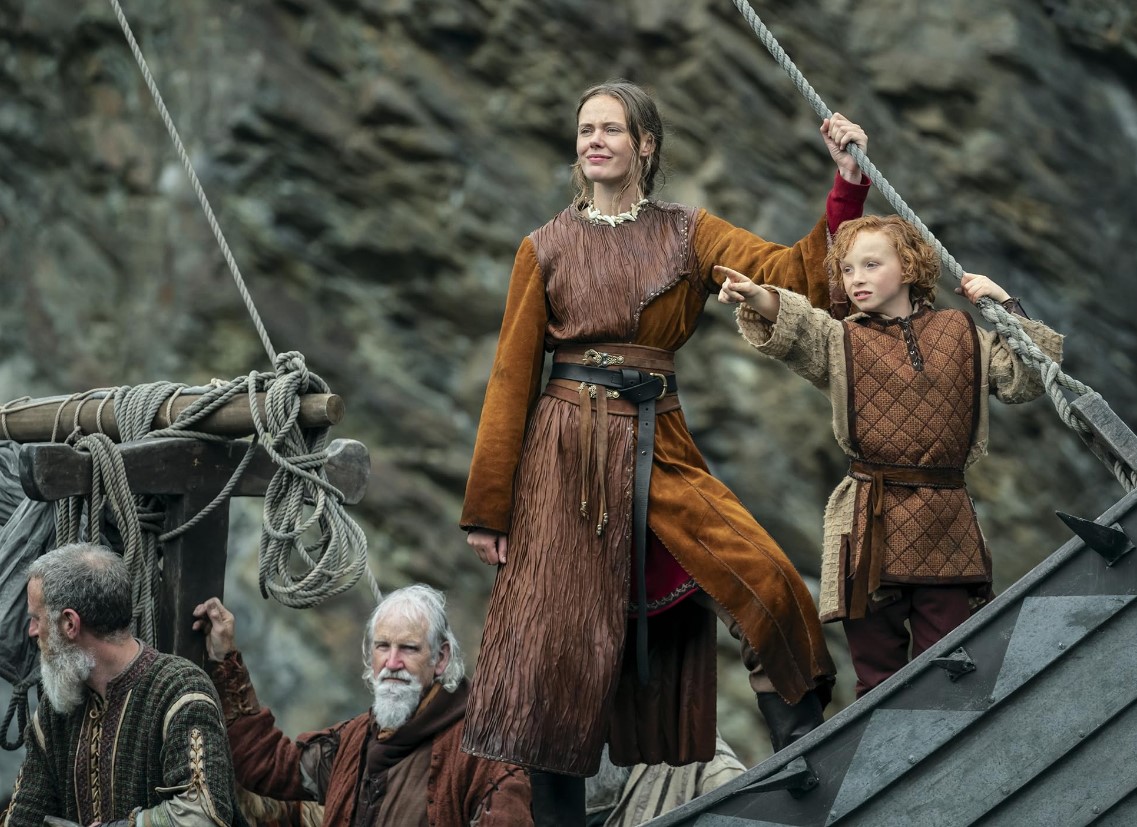
While Vikings: Valhalla is set a century after Ragnar Lothbrok and his descendants, it exists in the same narrative universe. References to ancestral heroes linger, and old legends influence the new generation. However, the series stands on its own, focusing on the 11th century’s unique challenges and characters without requiring viewers to have full knowledge of the original Vikings series.
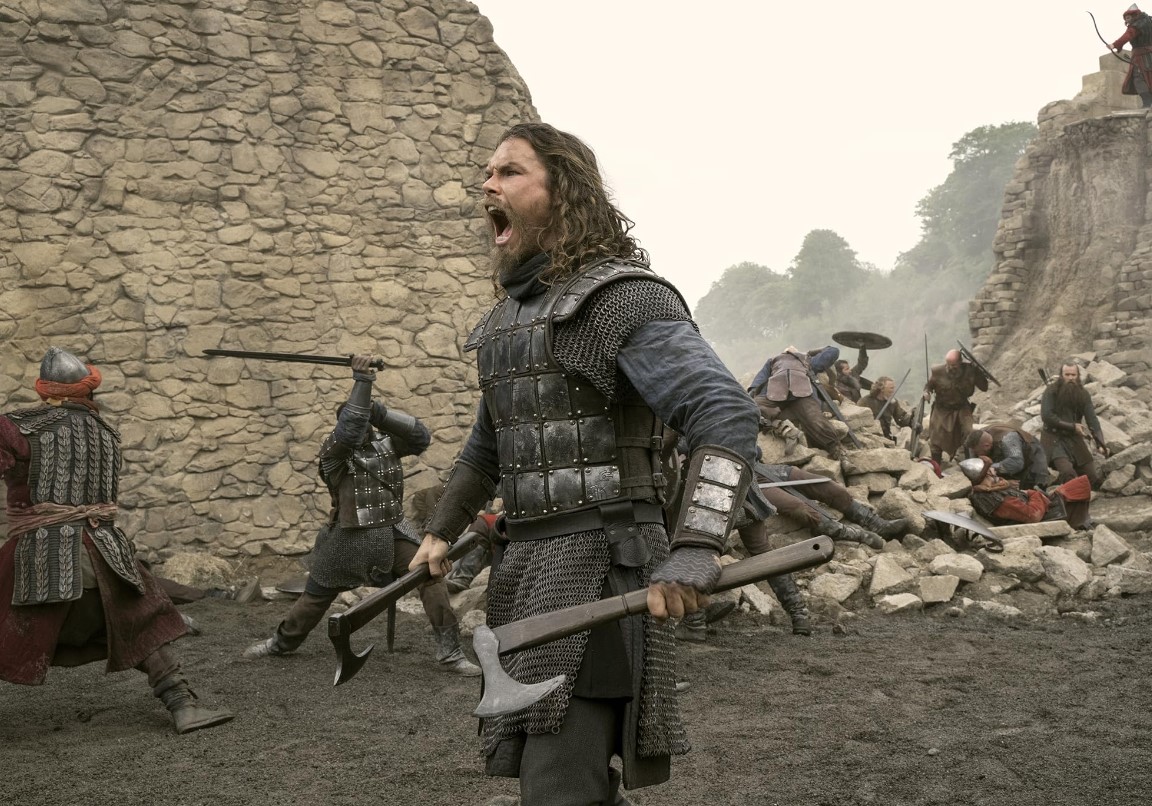
As with its predecessor, Vikings: Valhalla blends historical fact with creative fiction. Historical figures like Leif Erikson, Harald Sigurdsson, and Emma of Normandy did exist, and many events allude to documented historical moments such as the Danes’ involvement in England and the shifting power dynamics in Northern Europe. Still, the series takes creative liberties to develop character arcs, relationships, and dramatic tension suitable for a narrative-driven television format.Vikings: Valhalla (2022) offers a fresh chapter in the Viking saga, focusing on a new generation of explorers, warriors, and rulers as they navigate faith, politics, and identity in a changing world. Balancing historical elements with robust storytelling and dynamic characters, the series captures the essence of the Viking spirit while depicting the early 11th century’s transformative era.










